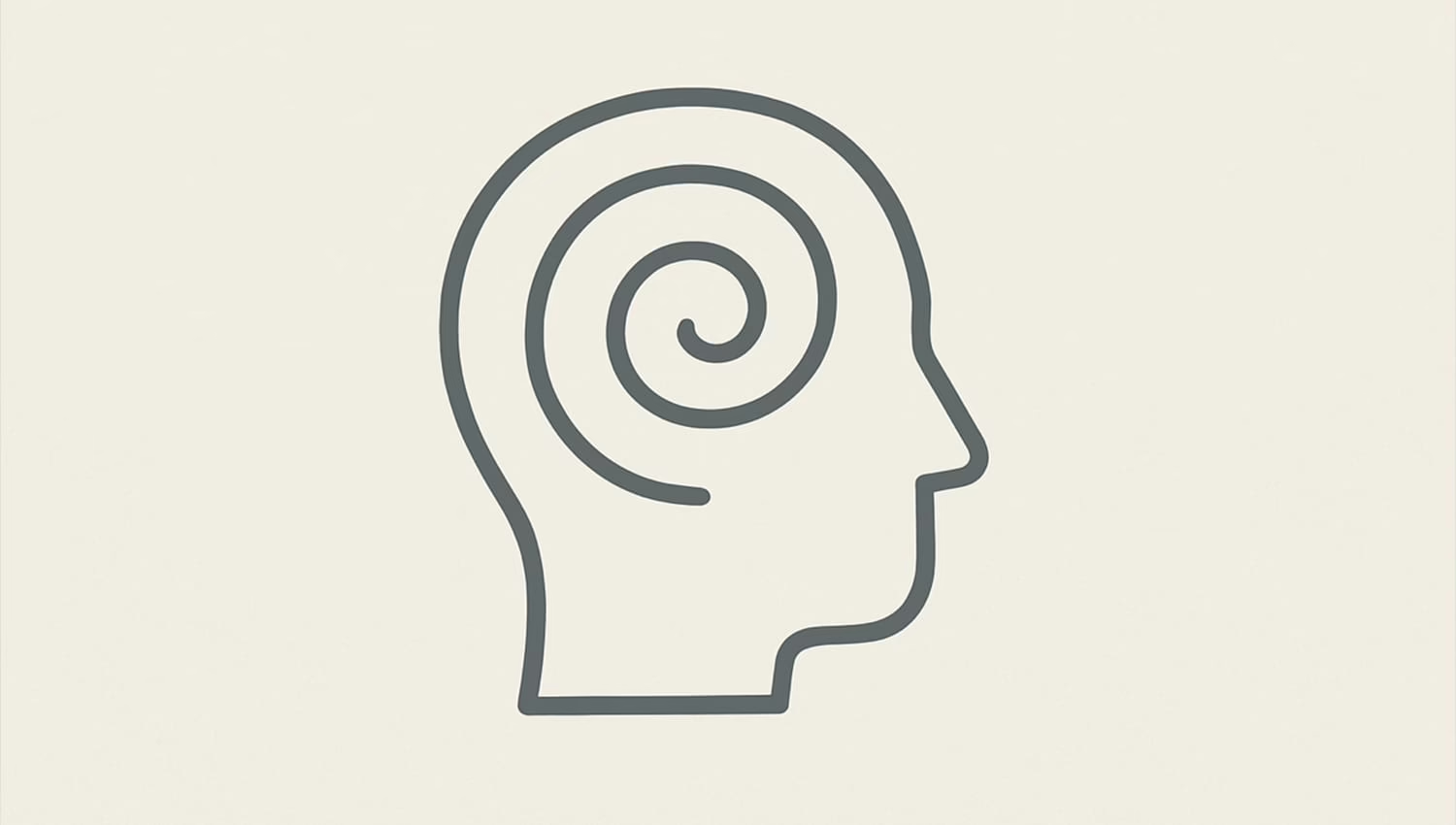Professional Burnout
Are You Wondering What Happened to Your Passion? Candle Burning at Both Ends?
Feeling exhausted? Worried about burning out at work? Do you feel like you’re stuck? Are you in a cycle of stress? Career is too demanding?
Burnout: More Than Just a Professional Risk
Maybe you’re working long hours to meet high expectations, and it feels like there’s no escape from the pressure to keep achieving. Perhaps you’ve taken on so much responsibility that it seems the only way to keep up is to work at an exhausting rate.
You might realize that this intense pace isn’t sustainable, but you don’t know how to break the cycle without feeling like you’re failing at work or disappointing those around you.
While it’s natural to feel some stress, staying in that state for a prolonged period can lead to professional burnout. This emotional and mental exhaustion can affect not just your work life but also your home and social life.
You might think the answer is to blame yourself or work harder, but doing so could damage your career, relationships, and personal health. Instead, it’s important to allow yourself to take a step back and address the issue.
How Can You Tell You Have Burnout?
Warning Signs of Burnout
Signs of burnout include:
- Physical and Emotional Exhaustion: Feeling drained and fatigued most of the time.
- Insomnia: Having trouble falling or staying asleep.
- Anxiety and Depression: Experiencing persistent worry, sadness, or hopelessness.
- Physical Symptoms: Increased illness, headaches, or noticeable weight changes.
- Cognitive Failures: Forgetting names or overlooking simple tasks.
- Loss of Job Satisfaction: Feeling that you hate your job or feel trapped in your career.
You may also notice:
- Mental Health Concerns: Persistent anxiety, depression, or brain fog making it hard to stay sharp and feel creative.
- Emotional Reactions: Strong reactions to minor stressors.
- Impact on Relationships: Lack of energy to spend time with family and friends, leading loved ones to perceive your exhaustion as unwillingness to engage.
What Now?
You can begin to work independently with these helpful tips as you firm up your decision to engage and register for an appointment.
Learn more about what to expect from existential therapy, its benefits, and possible interventions used in sessions. If you are ready to journey together:
- Get more comfortable with not knowing.
- Reaffirm your values.
- Talk to loved ones.
- Keep a journal.
- Meditate.
- Take time for lightheartedness.
Latest Posts on Professional Burnout
You Are NOT Alone
In 2019, the World Health Organization officially classified burnout as an occupational phenomenon. It falls under the umbrella of problems related to employment and unemployment. Symptoms range from feelings of depletion to increased mental distance from one’s job. Burnout has become so common that human resource departments are implementing burnout prevention policies.
With the added pressure to keep up with technology, constant notifications, and certain workplace cultures that aren’t conducive to taking breaks, it can feel like we always have to be “on.” We can end up feeling like we need to do more, bill more, or raise the bar. This can make it hard to relax or “turn off.” As symptoms of burnout rise, it can become harder to manage them on our own.
Risk factors that contribute to burnout include:
- Long-term job stress
- Lack of control
- Work overload
- Lack of community
- Conflicting values
What to Expect from This Therapy
Once you have symptoms of burnout, it can be difficult to cope with stress and burnout on your own. Your body isn’t responding the way it used to. Maybe what was once periodic stress has started taking a greater toll on your overall life, and you’re not sure where to start. Working with a therapist can provide a safe space to get the ball rolling so we can find solutions to a problem that might have seemed impossible to deal with by yourself.
As professional therapists, we’ve seen firsthand how effective a supportive outlet can be in regaining perspective. We’ll begin by exploring and understanding the issue causing burnout for you and look at patterns to really figure out how it’s impacting your life. We’ll explore how it shows up every day, both physically and mentally. When we identify what’s getting in your way the most, we can start to work toward the core issue and figure out personalized stress and burnout coping mechanisms.
Therapeutic Methods
- Cognitive Behavioral Therapy (CBT): Empowers you to challenge the way you think about yourself or your situation to reveal new perspectives.
- Dialectical Behavior Therapy (DBT): Effective for teaching emotion regulation and increasing your tolerance to stressors.
- Mindfulness Techniques: Help you stay centered and grounded so that you aren’t carried away by negative thoughts and emotions.
This might include exploring some career counseling or directing you toward additional couples/group resources if helpful. By working together, we can help you regain control and move towards a healthier, more balanced life.
At the End of the Day, We’re Here to Help You Clarify Your Goals
Since everyone's values are different, we'll define what value-based living looks like for you. Then we’ll ask, "What would it look like if you were living more consistently with your values?" Instead of feeling powerless in your situation, we’ll explore what’s within your control.
We'll identify actions you can take to support your goals. Finally, we’ll help you establish maintenance practices for preventing and preparing for future life challenges independently.

